Understanding Auto Control Cables
Auto control cables are integral components in the realm of automation and machinery operation. These cables serve as the lifelines for various systems, ensuring that electrical signals are transmitted effectively to execute precise movements and functions in machines. Designed to withstand the rigors of industrial environments, these cables are crafted for longevity and consistent performance.
Types and Configurations
The diversity in types of auto control cables is vast, catering to a range of applications. From multi-conductor cables to those specialized for specific machinery, each variant is constructed with a unique wire configuration. This allows for the transmission of power and signals tailored to the needs of different systems, whether they require high flexibility or are subject to environmental stressors.
Material and Insulation
The materials used in auto control cables are selected for their durability and conductive properties. Insulation materials such as polyurethane and PVC are common, providing protection against electrical hazards and environmental conditions. This ensures that the cables can maintain their integrity and functionality over time, even in challenging industrial settings.
Applications in Industry
Control cables for automation are ubiquitous in modern industry, finding their place in robotic assembly lines, CNC machinery, and complex logistical operations. Their adaptability makes them suitable for a variety of sectors, including metallurgy and automobile manufacturing, where precision and reliability are paramount.
Features and Advantages
The features of industrial control cables include varying widths and flexibility levels, allowing them to navigate through tight spaces and complex routes without compromising performance. The advantage of using these specialized cables lies in their ability to provide consistent power and signal transmission, which is crucial for the seamless operation of automated systems.
Choosing the Right Cable
Selecting the appropriate auto control cable requires consideration of the specific requirements of the machinery and the environment in which it operates. Factors such as voltage rating, gauge, and insulation type must be matched to the application to ensure optimal functionality. With a comprehensive selection available, finding the right fit for any automation need is achievable.

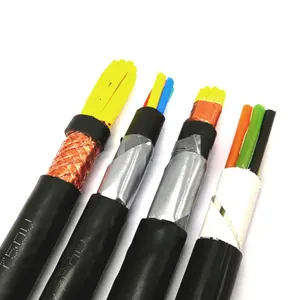






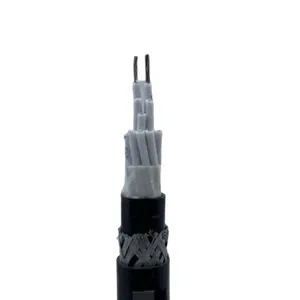

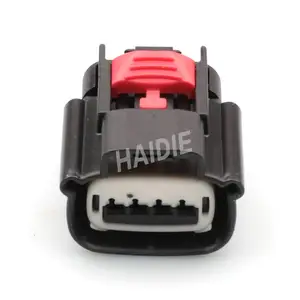







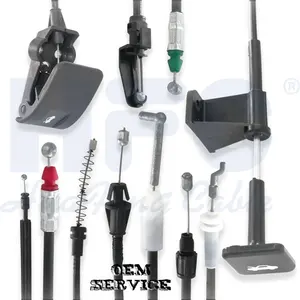


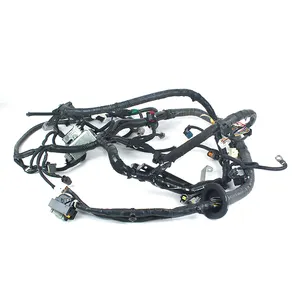


























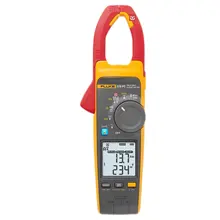
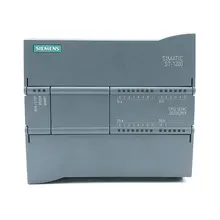
























 浙公网安备 33010002000092号
浙公网安备 33010002000092号 浙B2-20120091-4
浙B2-20120091-4